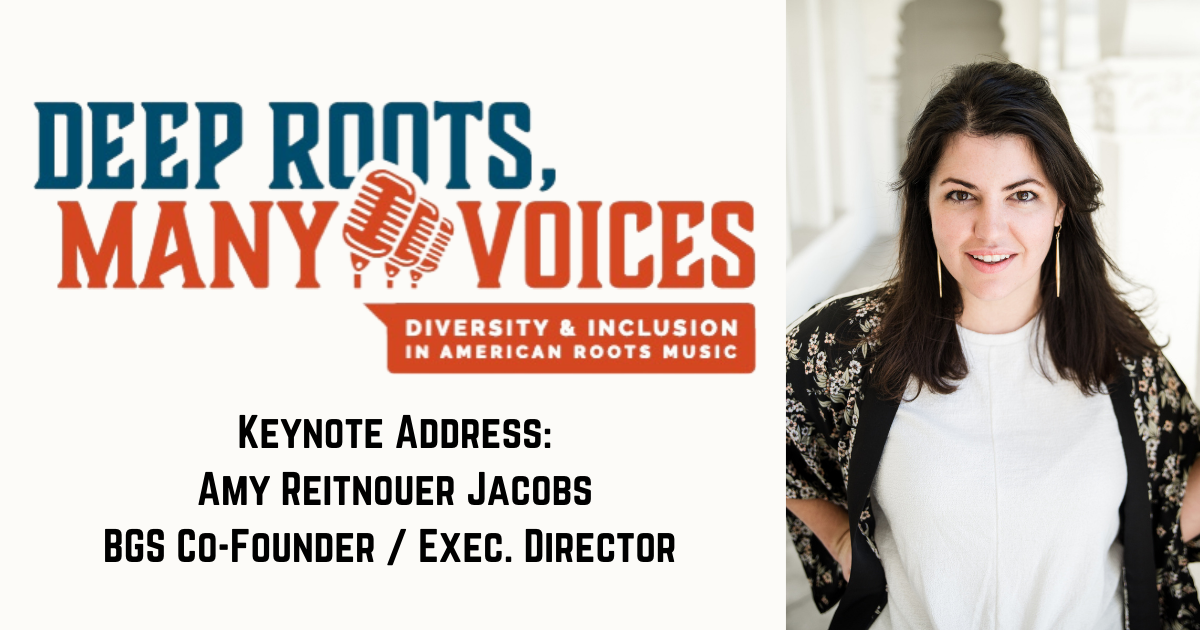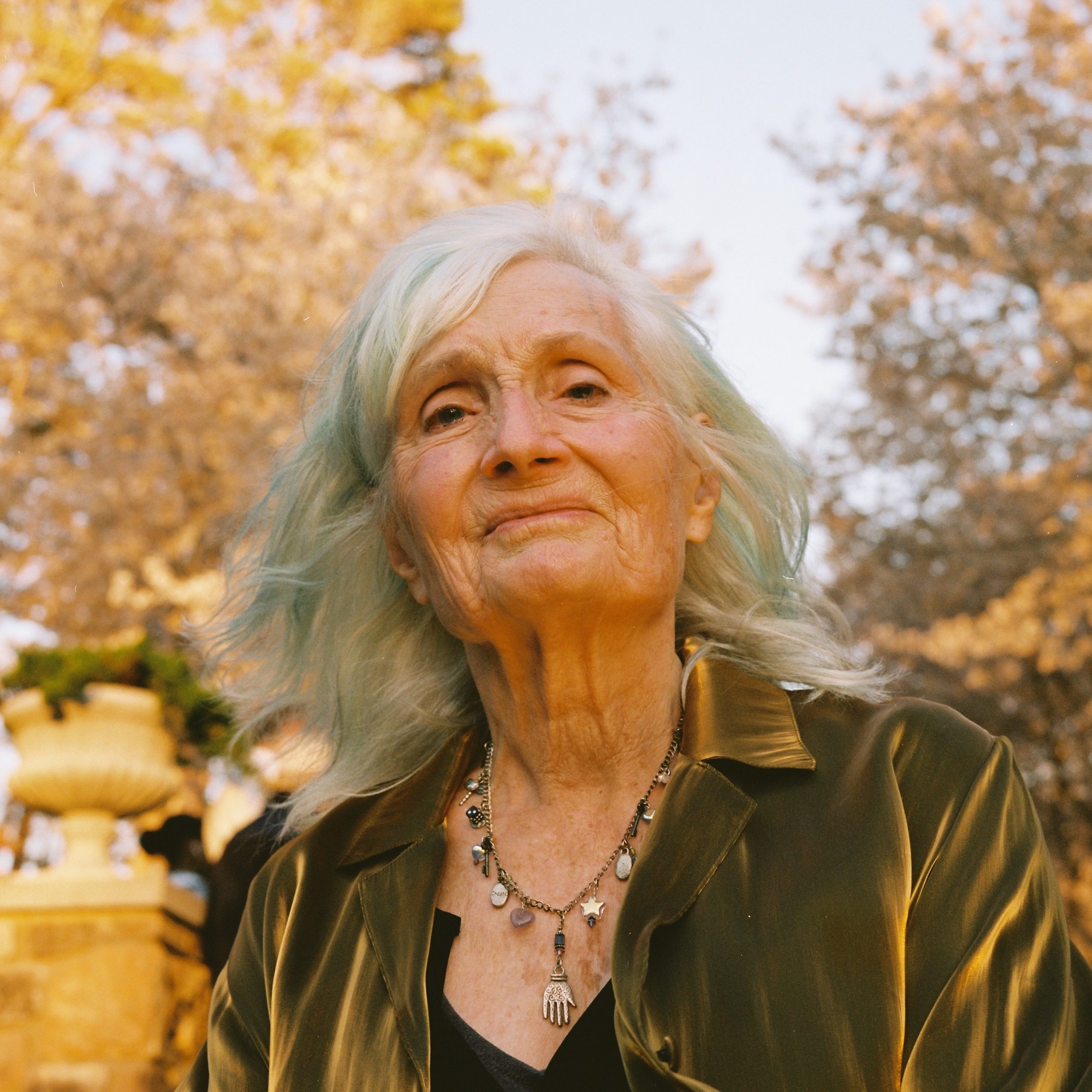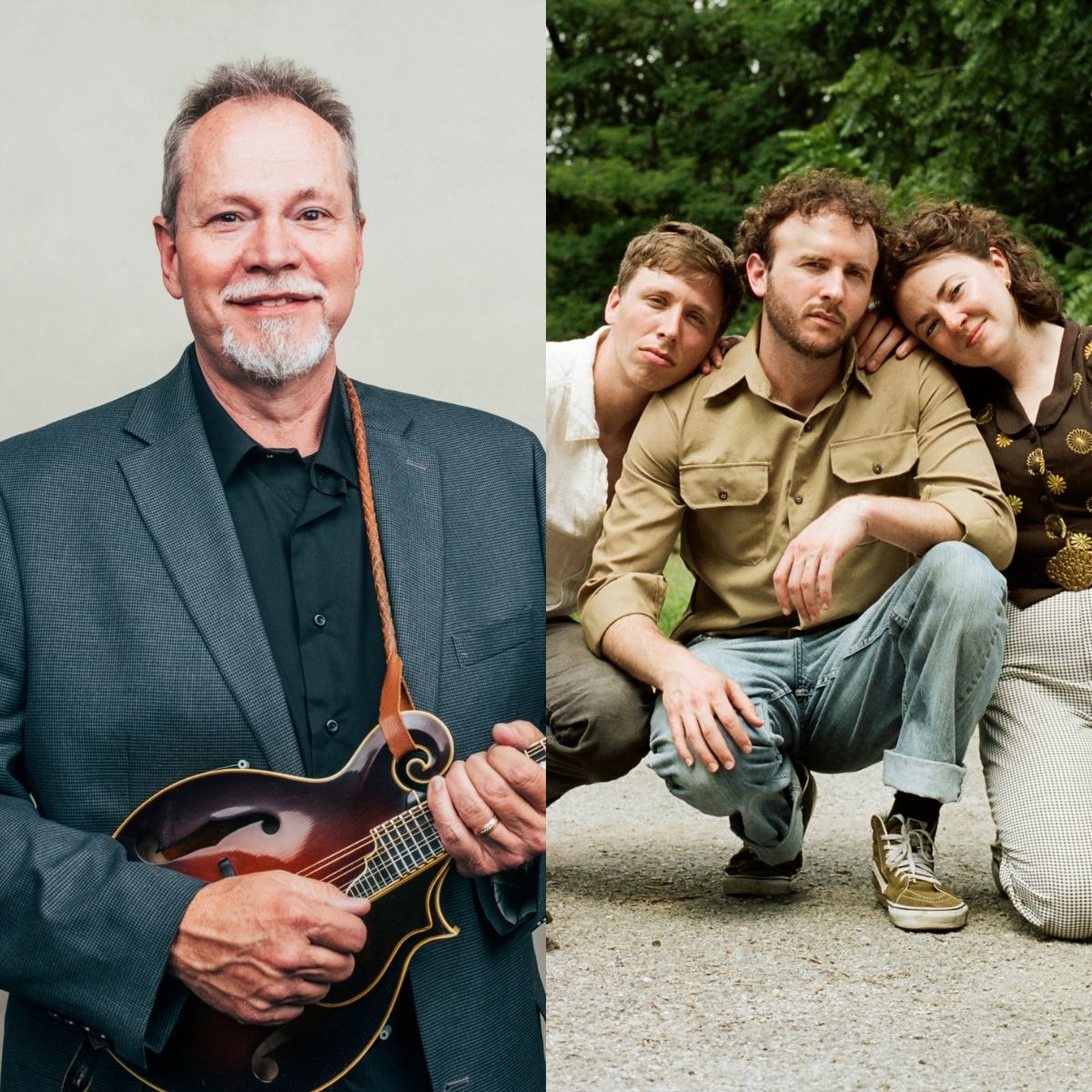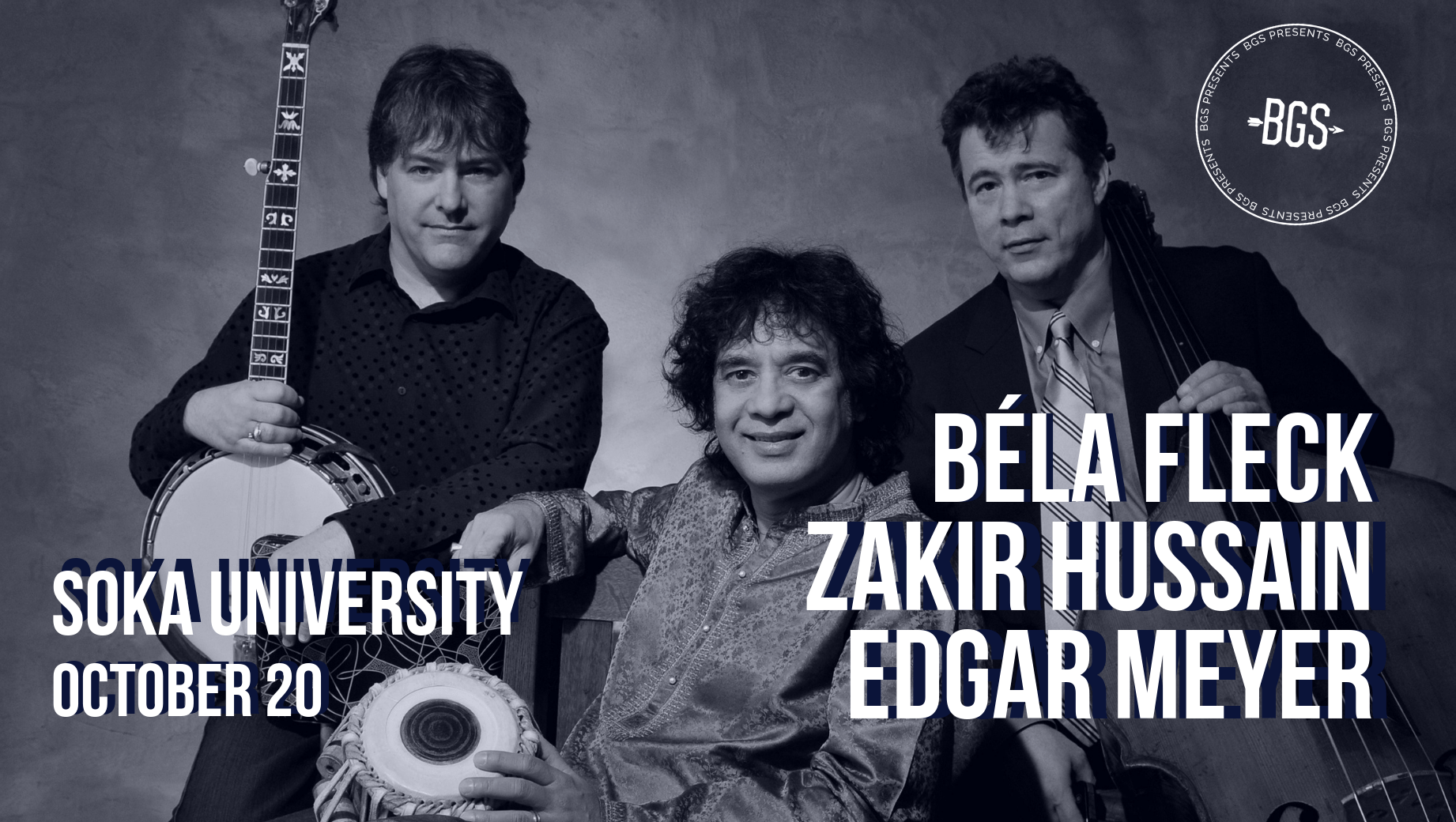Editor’s Note: The following feature is a keynote address from The Bluegrass Situation co-founder Amy Reitnouer Jacobs.
Welcome and thank you for joining me today at Blue Ridge Music Center’s Deep Roots, Many Voices symposium.
My name is Amy Reitnouer Jacobs, and I am speaking to you today from the indigenous land of the Keech, Tongva, and Chumash people, now known as Los Angeles, California.
A little background about myself. In 2012 I co-founded The Bluegrass Situation with my business partner Ed Helms, with the goal of bringing roots and traditional music in its many incarnations to a younger, more internet savvy generation of existing and potential fans.
Since that time, my role within this industry has expanded, I have been an event producer for the International Bluegrass Music Awards, Bonnaroo Music Festival, the LA Bluegrass Situation, and other live activations; I’ve been an artist manager for talent ranging from Aubrie Sellers, Jamie Drake, and Matt the Electrician to Wilco’s Mikael Jorgensen; and I’ve proudly served for the last eight years on the board of directors of Folk Alliance International, where I am currently Board President.
Truth be told, I never intended this career. I moved to Los Angeles to work in the film and television industry, but quickly – albeit somewhat accidentally – found that my “people” were not in corner offices of movie studios, but playing their own style of bluegrass music in sweaty, crowded bar venues on the west side of the city. Once I entered the scene, however, I could clearly see where the genre’s biggest needs were – pay gaps, lack of representation, and a general disregard by an old guard for those who were too young, or female, or gay, or not-white-enough. In the years that followed I have re-focused my attention on giving a platform to those who have long deserved better.
I recently heard someone say “being of good intention does not always equate to action.” So today I’d like to present to you several small action items that you can to do that can make a big impact in your musical community.
So here we go: seven small ways to make a better industry (in any way you can!):
- Number One:
Consciously push yourself to discover music outside of the algorithm → Your musical world is much broader than you think. For the first time in human history, we have the entirety of recorded music instantaneously available to us. And what do we do with it? We listen to the same records over and over, and are told what we might like based on a computer program vs. a real live music editor. Start stepping outside of your comfort zone. Don’t just research your favorite artist’s influences and collaborators – look up that generation’s influences and collaborators. The world’s musical family tree is vast and much more interconnected than you’d expect. See where branching out takes you – both personally and creatively. - Number Two:
Take up space → create opportunities that lift up yourself and others. If you’re unhappy with how and where you’re getting to perform, then produce the opportunity that you’ve always wanted. This can apply to festival showcase rooms, conference panels, house concert locations, touring bills, anything. It will not always be easy, but given the right amount of time and consistent dedication, it will draw in the right like-minded people and positive attention. - Number Three:
Diversity and equity are only performative if changes aren’t implemented at every level – from the board room to the green room. It’s one thing to diversify a festival roster with gender parity and BIPOC artists, but it’s important for these standards to continue in hiring practices and leadership development. If you have the power to make these changes yourself – do it! If you witness performative diversification without deeper action – call it out! Nine years ago at Folk Alliance International, our Board was less than 50% female, had one non-white Board member and no directors from outside of North America. Through the concerted efforts of the nominations committee and executive leadership, that same Board now consists of over 50% women, multiple non-white directors, and has added representation from three different continents in less than a decade. Real, effective change can take place in so many minute, collective ways. - Number Four:
Don’t just promote that which is popular. Promote that which is good. This may seem like an obvious one, but it is more uncommon than you’d think. Similar to my first point, it is easier for promotion and reporting these days to simply be a regurgitation of what the algorithm tells us. If you have a platform, podcast, or a channel where you can highlight other artists, use it to showcase those who may have been overlooked, or not had the budget to pay for the shiniest PR firm, but who deserve accolades nonetheless. This is not to disparage those who have managed to capture the cultural zeitgeist, but trust me, more often than not they will draw enough attention on their own. And at the very least, it’ll make you a more interesting person with real opinions about music. - Number Five:
Mentorship matters. Find someone who will help guide you through the hard stuff – because chances are they’ve gone through harder. Even better, become a mentor to someone else. Often we only think of mentors as elder statesmen. And while it is *sometimes* true that age begets wisdom, mentorship can also come from people with a different life experience or background. The key in mentorship is honesty, vulnerability, and trust. One thing I know for sure is that I would not be anywhere near where I am today without a few key people I know I can always count on. Which takes me to… - Number Six:
Find your people. I cannot emphasize this enough. Your job will not be there if you’re down on your luck, or sick in the hospital, or grieving a loss. Your people will. I realize this is not specific to our industry, but the fact remains that the most important thing you can invest in are the people around you – friends, peers, mentors, collaborators, family members. These are the ones who will show up in the middle of the night; will inspire your most beautiful art; will keep you accountable; will celebrate your wins and embrace you through your losses. If we learned one thing from the pandemic, it is that things we considered guaranteed can disappear in an instant, but having a solid community – no matter how small – is a vital part of making sure you can take care of yourself and show up for others. That’s a nice segue to my final suggestion… - Number Seven:
Do not forget that self care is a radical choice. In an industry that pushes us to never stop working – whether that be creating content or touring or networking or pushing ourselves to put in more hours than there are in a day, taking the time and courage to say No (and meaning it) in order to prioritize ourselves can be a superpower. Saying “No” or “I don’t have time” doesn’t have to mean, “literally every second of my schedule is accounted for,” but rather “I’m giving as much of myself as I am currently able to give.”
In a world that is consistently overwhelming, it can be difficult to feel like our actions can lead to any real difference. And many of these issues – specifically those faced by women, black and brown people, the AAPI community, and queer and trans folks – have been built to systemically oppress over hundreds and hundreds of years.
Rhiannon Giddens was recently quoted in a Vulture magazine interview, saying, “It’s not going to change overnight, but we can change a lot of little things quickly.” These are some of the most important changes of all – small and deliberate and real; over time, these are the actions that seed lasting change.
Folk and roots traditions are by definition the music of all people. It may take some longer to see that the music we love and represent was not just magically invented out of thin air by a few old white dudes from the past. So let’s start changing that story by working on our own tiny actions every single day.
Thank you to the Blue Ridge Music Center for your invitation to speak today. I am consistently impressed by your wonderful team and your extraordinary work. Thank you for showing all of us how rich and deep of a story there is to tell, and how much more there is to learn; and special thanks to all of you for being here and listening – I hope to see you down the road soon.



